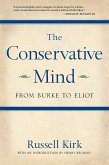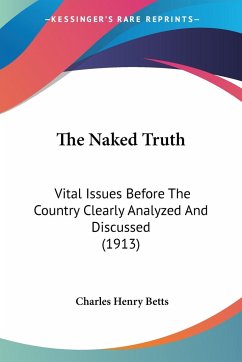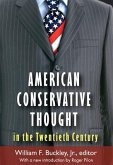This book defends timeless conservative ideas in a modern way. It challenges popular liberal beliefs in education, such as the importance of preschool and small class sizes. It delves into the philosophy of science, showing why scientific conclusions aren't always final, and explains how shady techniques like p-hacking have led to a replication crisis. It argues that "Woke" culture is just postmodern philosophy with a new label and includes a critique of postmodernism. The book also explores how Jean-Jacques Rousseau's idea of being "forced to be free" still influences leftist thought today. Additionally, it offers a defense of free markets, emphasizing the basic economic principle that rewards encourage behavior and punishments discourage it. A key theme ties all these ideas together: Conservatism is driven by the actions of ordinary people from the bottom up, while liberalism relies on top-down ideas from intellectuals. The collective efforts of many ordinary people often outperform the best ideas of a few elites. For example, communism depends on central planners to provide for everyone, but capitalism relies on numerous individual shop owners with a personal stake in their success. History has shown that communism leads to poverty and oppression, while capitalism has been the most effective anti-poverty system ever created. This bottom-up vs. top-down distinction goes beyond economics. It explains why bodybuilders quickly figured out the one-gram-of-protein-per-pound-of-bodyweight rule while scientists lagged behind. It also sheds light on why the conservative revolution in the United States has resulted in 200 years of peace and expanded human rights, while the liberal revolution in France has seen multiple republics, dictatorships, and monarchical restorations. The power of bottom-up processes even explains Europe's rise from a global backwater to a leader in science, the Industrial Revolution, and human rights.
Bitte wählen Sie Ihr Anliegen aus.
Rechnungen
Retourenschein anfordern
Bestellstatus
Storno









